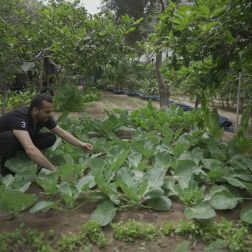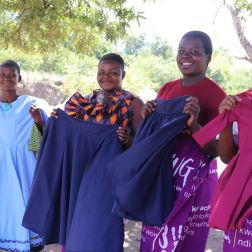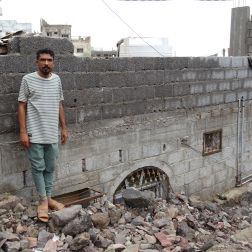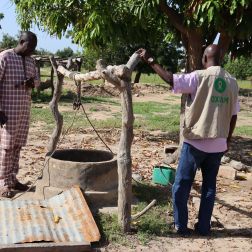- 5 mins read time
- Published: 18th April 2016
Europe’s shame: Hundreds more lives lost at sea exactly 1 year on from Lampedusa tragedy
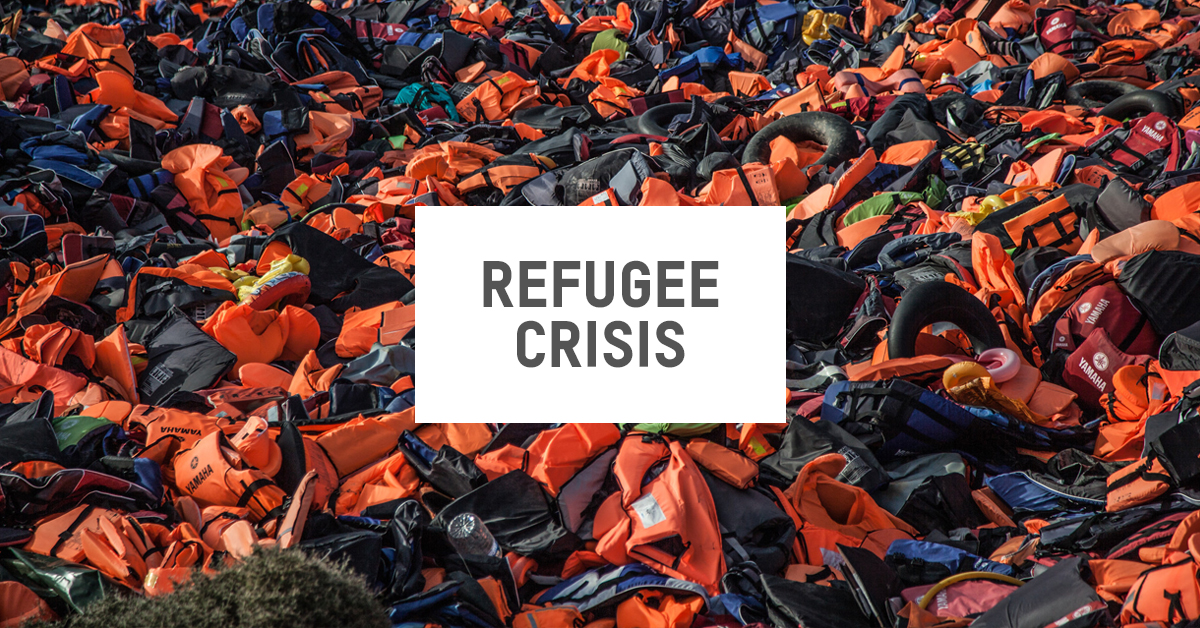
One year to the day after 800 people drowned off the Italian island Lampedusa, news of another awful tragedy in the Mediterranean has emerged.
Reports of hundreds dead after four boats capsized underline how Europe is still failing to deal effectively with the migration crisis in a way that puts human lives first.
Today Oxfam published a new report ('EU hotspots spread fear and doubt’) which found that vulnerable people seeking safety and dignity remain at risk of death, torture and exploitation as they try to reach and cross the Mediterranean.
The EU’s response to the Lampedusa drownings this day last year and the Mediterranean crisis as a whole has yielded successive emergency summits, beefing up Europe’s border security and bringing in a ‘hotspot’ plan for Italy and Greece where asylum claims are expedited with a focus on swift rejections.
Three hotspots have been functioning in Sicily since September 2015, but the European and Italian authorities in charge of them have yet to agree a clear legal framework for how they are to operate. This leaves a serious gap in clarity on how this system is ensuring respect for Italian, European and international law. The Italian parliament was challenged on this – with no response forthcoming.
Meanwhile, the system has failed to protect the numbers of people willing to go to extraordinary lengths to protect themselves and their families. Desperate and often already traumatised by what they are leaving behind, they face further anguish, fear and brutality on their journey to safety.
According to the United Nations Support Mission in Libya, migrants detained in the country face torture, beatings and forced labour. Recently four migrants were shot dead and 20 wounded while trying to escape a detention centre. These are innocent civilians – mothers, grandparents and teenagers who simply want a better life, free from conflict and poverty.
Filsim, a 22-year-old woman who travelled alone from Somalia to Italy, said: “I spent eight months in Libya. We were imprisoned by a gang of traffickers when we arrived in the country. They would leave us for two or three days without food and water, and they beat us for fun. I have so many scars on my breast.”
Filsim was finally released when her family managed to pay an US$800 (approx. €710/£560) ransom to the traffickers. She then had to pay US$1,000 (approx. €885/£700) for the trip to Italy.
The crossing between Libya and Italy is the deadliest sea route in the world and the death toll for 2016 had before today already reached 219 people with nearly 10,000 people attempting to use this route to reach Europe in March alone. Total arrivals to Italy in the first quarter of 2016 are almost double the number of arrivals in the same period in 2015. This proves that the policies of deterrence adopted by the EU do not work.
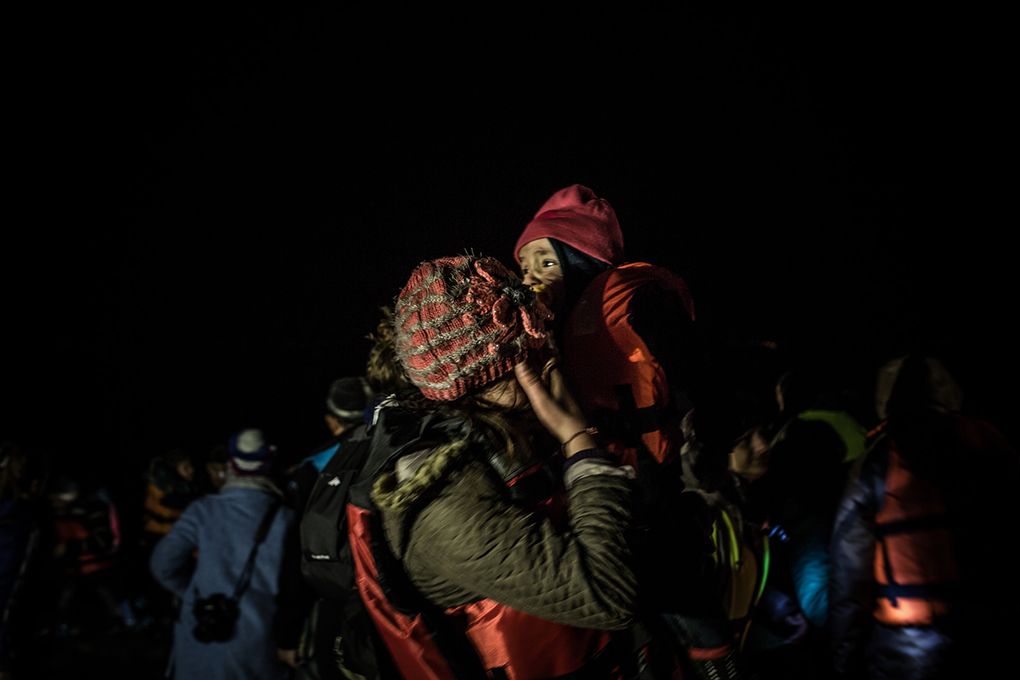
A woman and child arrive in Lesbos, Greece. Desperately seeking safety and refuge in a new country, some are lucky enough to get to beaches where they face volunteer groups across Europe, others are not so lucky. Photo: Pablo Tosco/Oxfam
Many of those who survive the journey face a legal limbo once in Europe. The expedited approach of the hotspots is yielding faster decisions and more expulsions, but as a result many people are being shut out of the asylum system, left stranded and even more vulnerable.
Bakari, from Gambia, said: “After two days, they gave us the paper [the expulsion order to return] and they put us out on the street without any explanation. There were seven of us, and we slept at the train station in Catania for three months.”
According to the European Union Agency for Fundamental Rights, fear often prevents migrants from seeking help and means that those responsible for exploiting migrants can act with impunity – with women left particularly vulnerable to abuse – while people who seek to assist undocumented migrants can face criminal charges.
By failing to provide safe and legal passage, Europe has acted shamefully – putting political interests before human beings.
Only by providing routes for people to reach Europe that are safe, legal and humane can we prevent further loss of life like today’s tragedy.
Jim Clarken is CEO of Oxfam Ireland.
